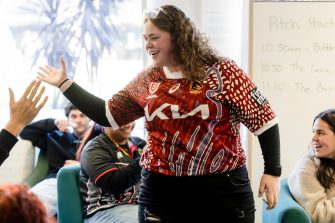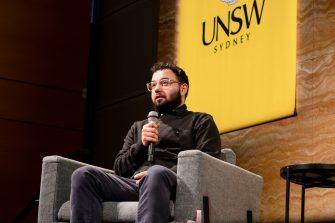Bringing Indigenous issues into academic inquiry
It is only in Indigenous Studies that academic inquiry is organised around the interests of Indigenous peoples.
It develops your understanding of Indigenous philosophies, knowledges, and sovereignties while engaging with diverse Indigenous perspectives and aspirations of self-determination in local, national, and international contexts.
Why choose Indigenous Studies at UNSW?
Indigenous Studies at UNSW is open to students of all backgrounds, and is an exciting and interdisciplinary space where you're encouraged to explore, develop and challenge prevailing perspectives!
If you have any questions about joining Indigenous Studies at UNSW, please reach out to us.
-
By joining one of our Indigenous Studies programs, you'll be supported to follow your interests within given topic areas like:
- Popular culture
- Indigenous politics
- The history of Indigenous resistance to colonisation
- Racialisation
- Gender and sexuality
- Environmental justice, and
- Cultural heritage
-
By joining one of our Indigenous Studies programs, you'll learn from guest lecturers with specialised knowledge and participate in excursions to learn on Country from traditional knowledge holders.
You'll also work collaboratively with others and engage productively with diverse Indigenous and non-Indigenous cultural perspectives.
-
In addition to social justice careers in Indigenous communities and Indigenous education, there are opportunities in rapidly increasing intersections between Indigenous and non-Indigenous interests in academia, government, non-government, and business/economic sectors!
The Indigenous Studies major and minor specialisations focus on developing your professional abilities in working collaboratively across cultural traditions to achieve positive outcomes.
Your ability to engage productively and ethically with Indigenous issues can stand out while job-hunting and benefit cultural development in whichever future career you choose.
With broad knowledge and skills that enhance and adapt to lifelong career changes, you could join our graduates working in these areas:
- Advocacy
- Arts and media
- Community development
- Cultural heritage
- Education
- Environmental management
- Healthcare
- Law
- Public policy
- Research
- Social work
- Urban planning
- Youth work
Our courses and programs
Undergraduate courses
Nura Gili offers a Major and a Minor in Indigenous Studies within the Bachelor of Arts and related programs, or take Indigenous Studies courses as electives.
Honours program
Honours in Indigenous Studies is an exciting opportunity to pursue your passion, improve your career prospect or as a pathway into a graduate research degree, including a Master of Research or Doctor of Philosophy (PhD).
PhD program
Our PhD program develops and challenges our understanding of the contemporary position of Indigenous peoples in Australia through centring Indigenous knowledge and methodologies.
Got a question?
We know the process of applying for uni and completing your studies can be overwhelming, so if you have any questions at all, please get in touch.
Our friendly staff are here to help guide you through the process!
Learn more about us
Always was, always will be
UNSW is located on the unceded territory of the Bidjigal/Bedegal (Kensington campus), Gadigal (City and Paddington campuses) and Ngunnawal peoples (Canberra) who are the Traditional Custodians of the lands where each campus of UNSW is situated.






